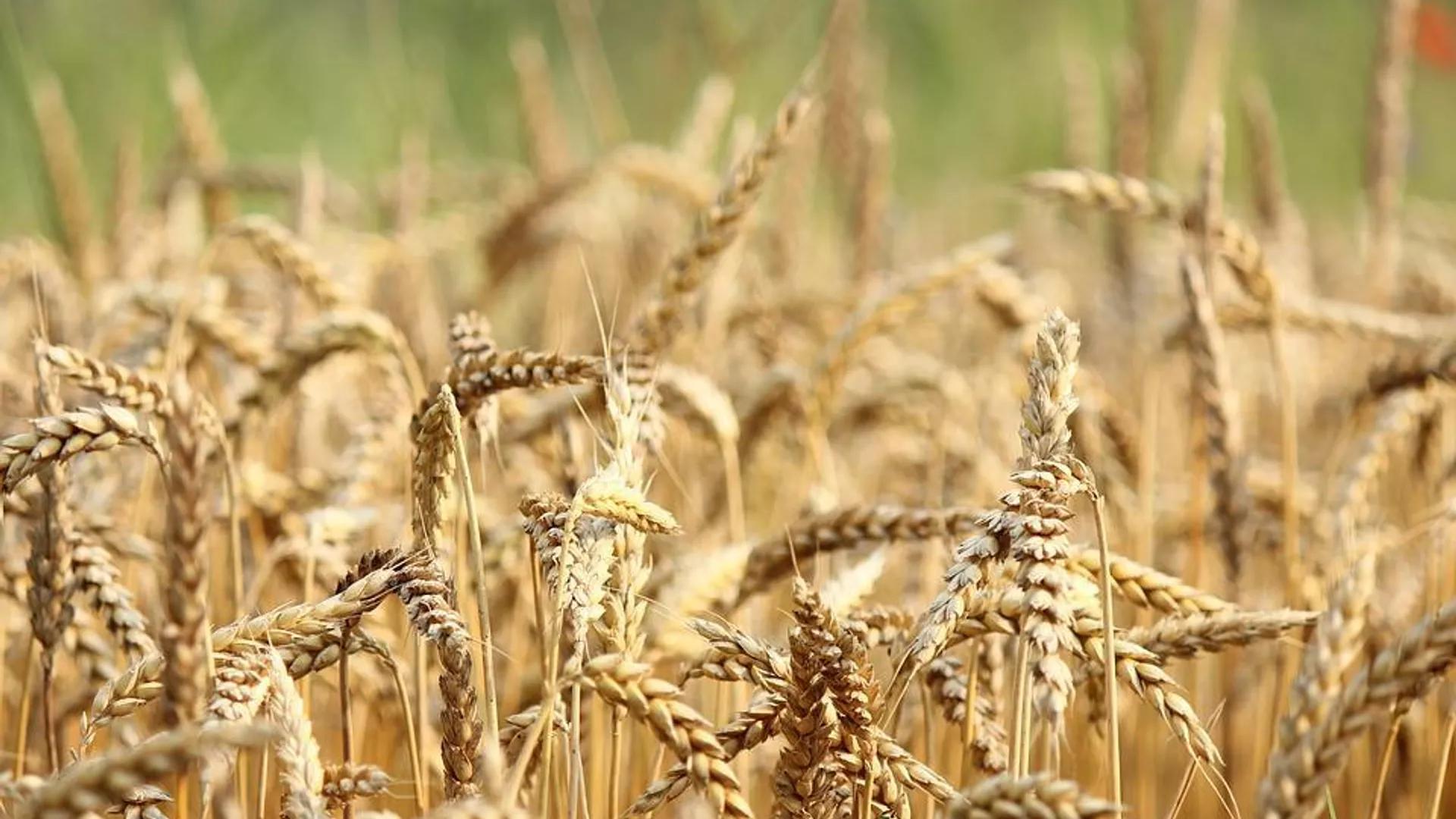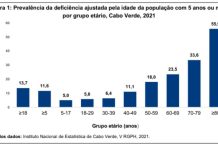Africa-Press – Cape verde. FranceAgriMer, a state agency for French agricultural and fishing products, announced an increase in the forecast for wheat exports outside the EU, linking it to growing demand in North Africa and rising costs of deliveries from Russia due to higher insurance costs. What’s behind the trend?
One should not be surprised by the growth in demand for French wheat at a time when the Russian commodity of the same quality is cheaper, Russian agriculture experts told Sputnik, referring to the West’s tricky anti-free market measures wrapped up as a response to Moscow’s special military operation in Ukraine.
When speaking about the significance of Ukraine’s food supplies, allegedly “blocked” by Moscow, the Western press usually noted that “together,” Russia and Ukraine account for 30% of global wheat exports. Still, Western reporters failed to specify that two thirds of these exports come from Russia.
Similarly, the mainstream press remains silent about the adverse effect of Western sanctions on Russia’s food and fertilizer exports. Moreover, the European Council claims that the West has never “directly” barred Russian exports of agricultural products.
However, following the beginning of its special military operation to demilitarize and de-Nazify Ukraine, Russia has been subjected to unprecedented restrictions from the West that have targeted virtually all sectors of the nation’s economy. As a result, Russia’s food trade was crippled. Grave Effect of Indirect Sanctions
Russia is also facing obstacles in terms of logistics, lease of ships, air transportation, to name but a few, the costs of transportation have skyrocketed. As a result, Russia’s manufacturers are forced to sell at lower prices while buyers have to pay more because of indirect sanctions, according to Vasily Uzun, doctor of economics and professor at the Russian Academy of National Economy and Public Administration under the President of the Russian Federation.
“The main beneficiaries are, of course, our competitors,” Uzun told Sputnik. “They get more opportunities to enter the world market and offer a higher price while trying to suppress us in every possible way. This suppression creates unfavorable conditions and forces Russia to leave international markets.”
To illustrate his point, Uzun referred to the fact that sanctions are forcing Russia to transport grain through Kazakhstan. Eventually the profits are divided between Russia and Kazakhstan, he noted. At the same time, the West is stepping up imports from Ukraine “at very competitive prices.”
However, the crux of the matter is that the West’s sanctions not only negatively affect the volume of Russia’s exports, but also destabilize international trade in food products in general, emphasized Bulatov. The African Union, a continental union consisting of 54 member states, drew attention to the “collateral impact” of the West’s unprecedented sanctions on Russia’s food supplies to the Global South in May 2022.
A whopping 350 million Africans suffer from food insecurity, according to a recent report by International Committee of the Red Cross (ICRC) Director-General Robert Mardini. Impoverished nations of the Global South urgently need agricultural products, most notably fertilizers, while the US and its allies are ramping up anti-Russia sanctions. The global “fertilizer price shock” could not be attributed to anything but Western sanctions, given that Russia is the leading exporter of the commodity.
Russia Taking Steps to Overcome Global Food Crisis Russia is determined to export its agricultural products to the world market despite Western sanctions, according to Uzun.
Russia harvested a staggering 150 million tons of grain in 2022. As of November 2022, the nation exported over 15 million tons of grain, as well as a large amount of mineral fertilizers within the framework of the Russo-Ukrainian grain deal, according to Russian First Deputy Prime Minister Andrey Belousov.
“More than 90% of deliveries go to countries in Africa and Southeast Asia,” Belousov told reporters on the sidelines of the Asia-Pacific Economic Cooperation’s (APEC) summit in Bangkok in November 2022.
Moreover, Russia has the capacity to export around 50 million tons of grain between July 1, 2022 and June 30, 2023, according to Deputy Prime Minister of the Russian Federation Victoria Abramchenko.
In addition, from January 1 to December 25, 2022, Russia exported 881,000 tons of wheat- and wheat-rye flour, which is 3.5 times more than the same period in 2021, according to the Federal Center for the Development of Export of Agricultural Products of the Russian Federation (Agroexport). The list of top five importers of Russian flour includes Georgia, Iraq, Afghanistan, Turkey, and Turkmenistan.
“We are increasing our production and increasing exports,” Uzun stressed. “This clearly demonstrates that we are trying to prevent this food crisis, contrary to the West’s allegations. We still have favorable conditions: we supply grain, bread, vegetable oil. These are the two main products of energy supply for people, including those in poor countries. That is, not only the rich can afford our products. We feed about half a billion people around the world.”
Meanwhile, Western countries have no scruples about lying that Russia is using food as a weapon, according to Bulatov. In particular, European Commission President Ursula von der Leyen claimed at the 2022 World Economic Forum in Davos that Russia is “using hunger and grain to wield global power.”
For More News And Analysis About Cape verde Follow Africa-Press






